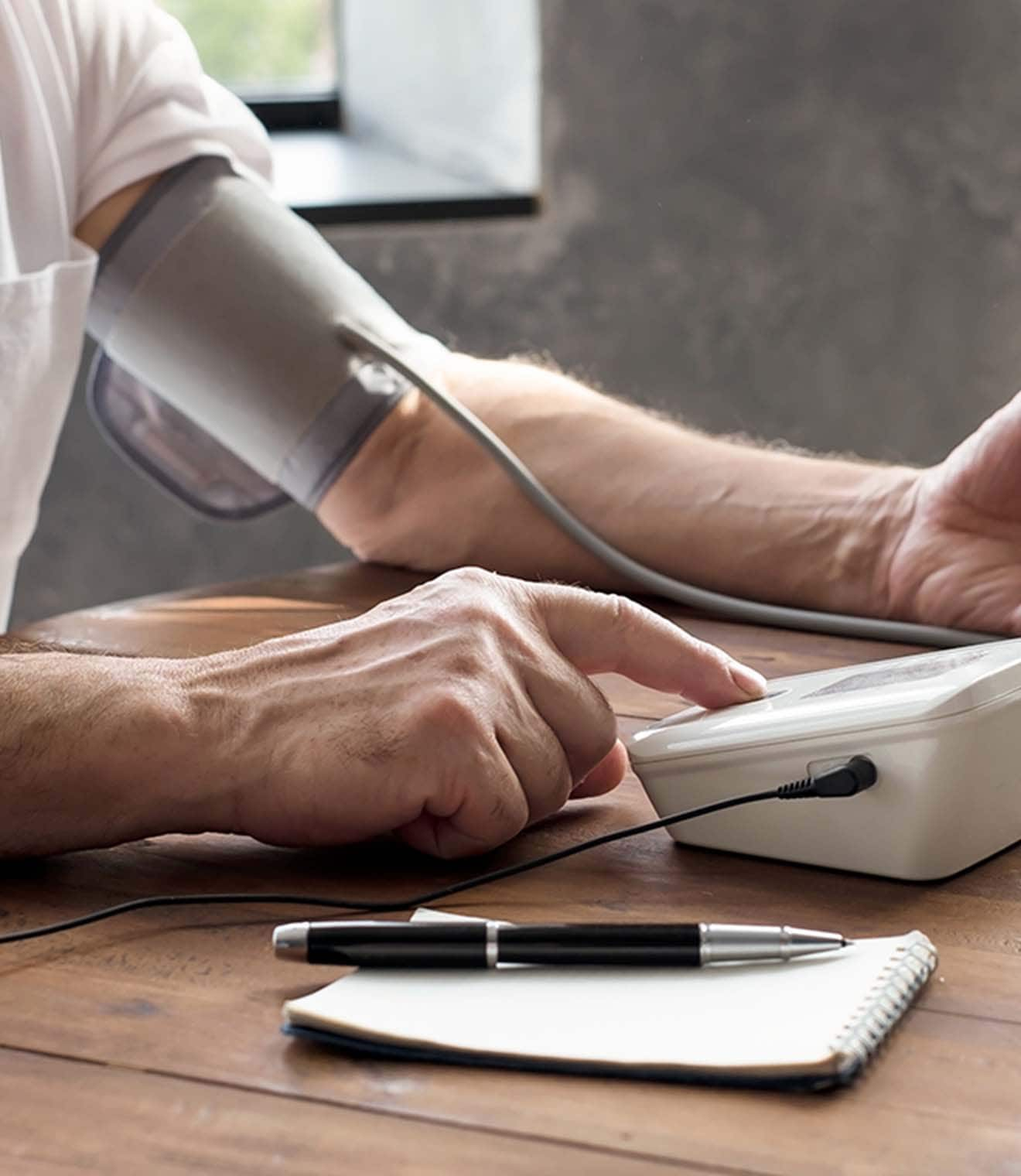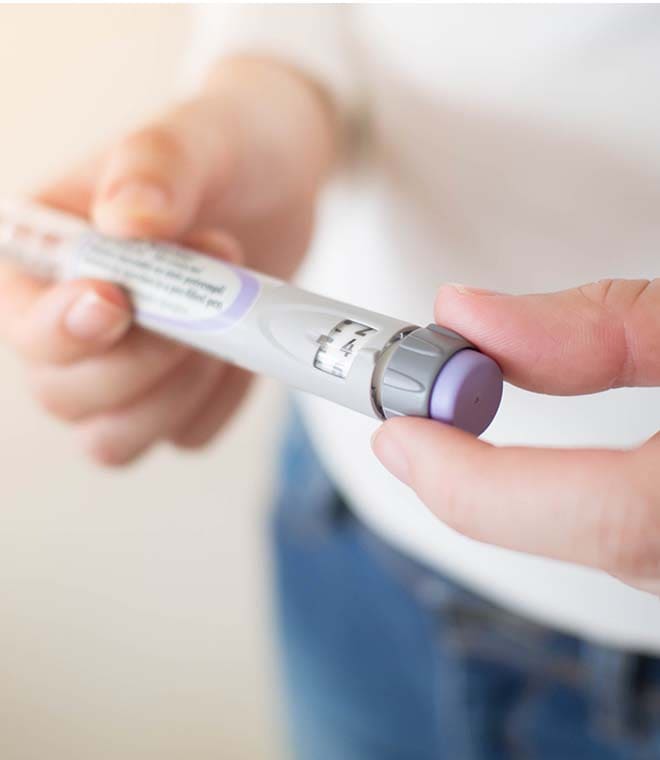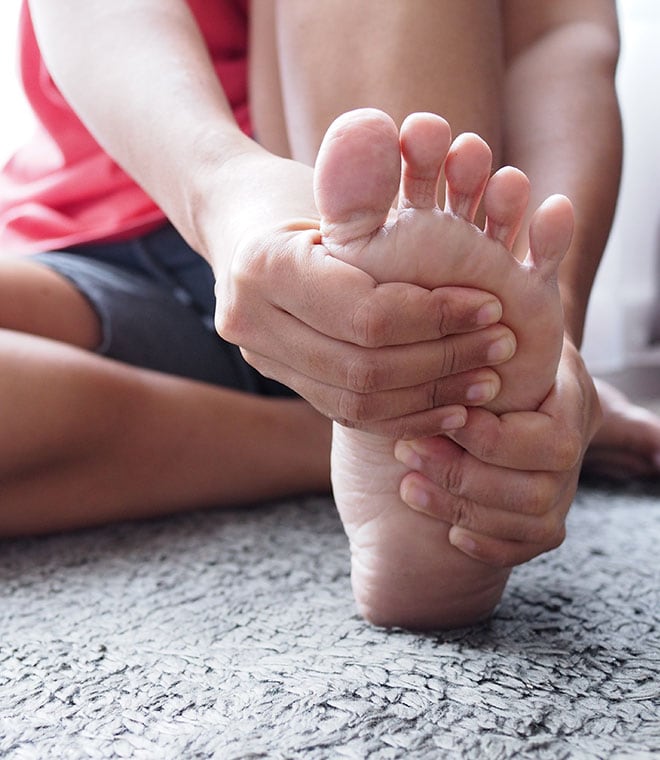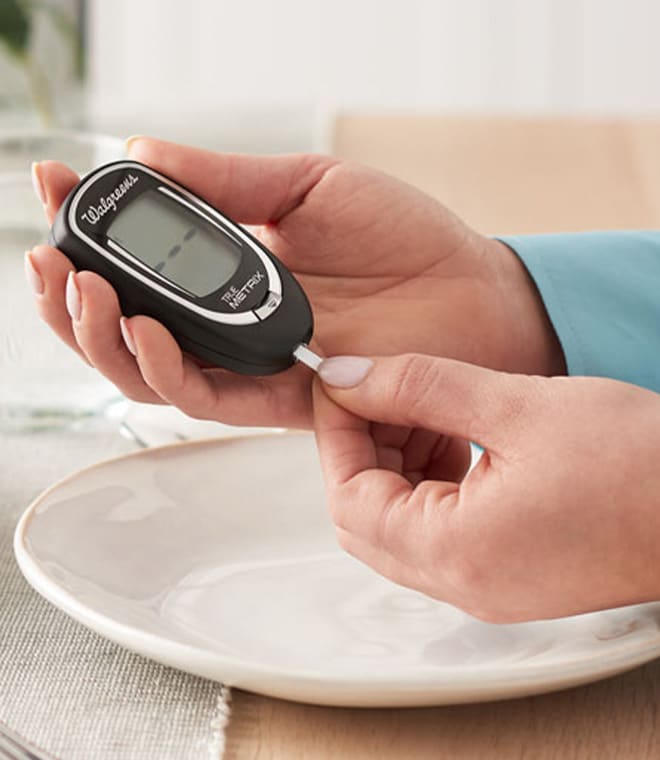Health
Alcohol and diabetes: What you need to know
By Jenilee Matz, MPH Jun 10, 2024 • 5 min
Having diabetes means taking special care to keep your blood sugar levels near the goal set by you and your healthcare provider. Your treatment plan may include taking medications, reaching a healthy weight, getting regular exercise and making nutritious food choices. You may wonder if alcohol can have a place in your lifestyle. Here you’ll learn about alcohol and diabetes, including how drinking affects blood sugar and if it’s OK for people with diabetes to drink.
How does alcohol affect blood sugar?
To understand how alcohol affects diabetes, it helps to know how your liver works. The liver plays a vital role in managing blood sugar. When your blood sugar starts to drop, your liver sends stored glucose (sugar) to your bloodstream. This keeps blood sugar levels stable. The liver is also responsible for breaking down alcohol. When your liver is working to remove alcohol from your body, it cannot send glucose to the bloodstream until the alcohol is metabolized. If your blood sugar is already low before you have a drink, consuming alcohol can cause your blood sugar to fall further to dangerously low levels. In excess, alcohol consumption can cause unsafe fluctuations in blood sugar and lead to liver damage.
Can people with diabetes drink alcohol?
According to the American Diabetes Association, many people with diabetes can have alcohol in moderation. However, there are precautions people with diabetes must take when consuming alcohol.
- Never drink on an empty stomach or when your blood is sugar is low. If you choose to drink, have it with a carbohydrate-containing snack or meal to help prevent low blood sugar. This is extra important if you take insulin or other types of medicines for diabetes that can cause blood sugar levels to drop. Alcohol can reduce blood sugar levels for several hours after your last drink.
- You should check your blood sugar levels more often to make sure they stay in a safe range, especially before going to bed.
- If your blood sugar level is low, eat a snack to raise it.
Still, you should talk to your healthcare provider before having a drink. Some people with diabetes need to avoid alcohol altogether. If you have uncontrolled diabetes or complications, such as neuropathy (nerve damage causing numbness or pain in your hands or feet), your provider may tell you to avoid alcohol. You may also need to stay away from alcohol if you’re taking certain medications. When combined, alcohol and some medicines may increase the risk of side effects.
Be cautious when drinking
If your provider says it’s OK to drink alcohol, be sure to follow the same guidelines as people without diabetes. This means no more than one drink per day for women and no more than two drinks per day for men. One drink is equal to five ounces of wine, 12 ounces of beer, or 1.5 ounces of liquor. The signs of consuming too much alcohol and having low blood sugar are similar, making it difficult to figure out the cause of your symptoms. Signs can include sleepiness, blurred vision, slurred speech, impaired coordination and trouble thinking.
Keep in mind that alcohol contains calories without providing nutrients. Consuming more calories than your body needs can lead to weight gain. What’s more, some alcoholic drinks are mixed with beverages that contain added sugars and excess calories. These mixers can increase your blood sugar levels and hinder weight loss efforts. Try to avoid drinks made with cream, sodas and other sugar-laden mixers.
The bottom line
While many people with diabetes can drink alcohol in moderation, it's important to understand the risks of alcohol use and what you can do to lower them. Know that alcohol can decrease your blood sugar even several hours after you drink, and risks increase if you take insulin or certain diabetes medicines. Before you have a drink, discuss alcohol with your healthcare provider.
Clinically reviewed and updated June 2024.
Sources:
- https://www.diabetes.org/healthy-living/medication-treatments/alcohol-diabetes
- https://care.diabetesjournals.org/content/43/Supplement_1/S48
- http://main.diabetes.org/dorg/PDFs/awareness-programs/hhm/what_can_i_eat-alcohol-American_Diabetes_Association.pdf
- https://www.uptodate.com/contents/type-2-diabetes-alcohol-exercise-and-medical-care-beyond-the-basics
- https://www.alcohol.org/comorbid/diabetes-and-alcoholism/
- https://www.uptodate.com/contents/type-1-diabetes-and-diet-beyond-the-basics



